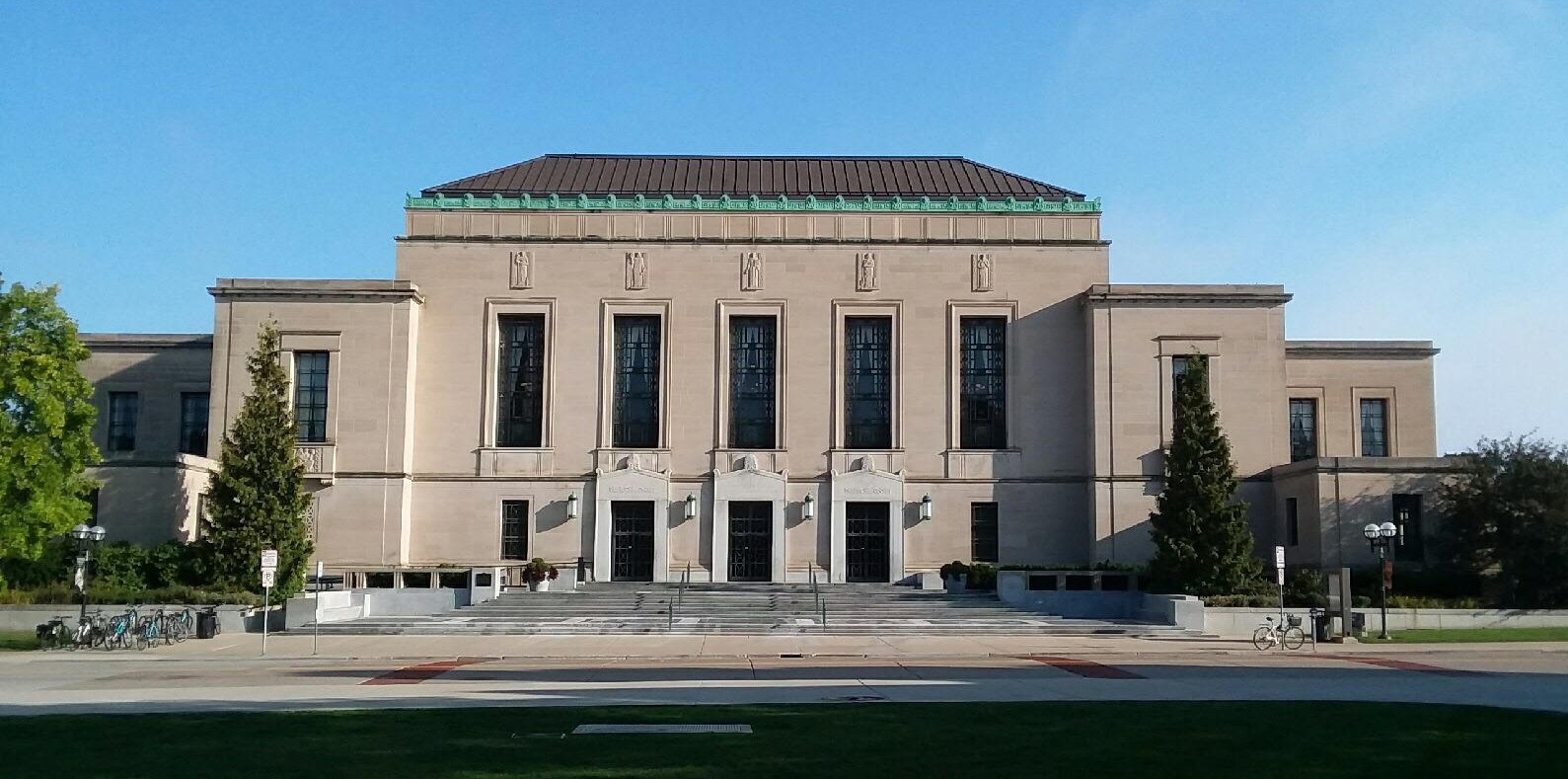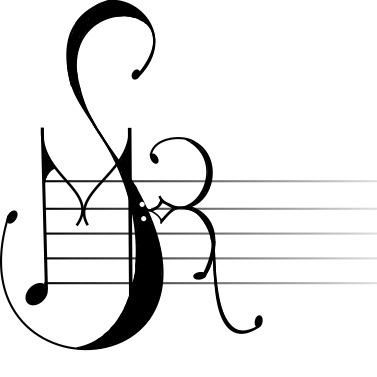
On August 1, SMR member Anna Rose Nelson successfully defended her dissertation, “Fragments, Miniatures & Microludes: Analyzing the Modernist Aphoristic Aesthetic,” before a Zoom room packed with her committee, colleagues, and friends. Congratulations, Anna! Please see below for an abstract of Anna’s dissertation.
Fragments, Miniatures & Microludes: Analyzing the Modernist Aphoristic Aesthetic
Abstract
Since the turn of the twentieth century, modernist composers have been writing musical aphorisms. Though spanning a century and encompassing many differing musical styles, these aphoristic forms seem to respond to similar aesthetic questions relating to the tendency of modernist forms to compress and fragment. Despite the dearth of in-depth analytical scholarship concerning the brevity of these miniature forms, inquiry into this characteristic has profound implications for understanding both the works themselves and their place in a historical lineage. In this dissertation, I therefore investigate this aphoristic aesthetic to better understand the logic behind musical modernists’ fascination with miniature and fragmented works.
This study was inspired by my long-term obsession with finding the reason why these pieces are so startlingly short. As I came to realize in the early stages of this research, commentary about these pieces is flooded with a few evocative terms: “aphorism,” “miniature,” “fragment.” What do these terms mean in the context of New Music, and how do they relate to one another? In Chapter One, I begin the process of theorizing a “modernist aphoristic aesthetic” by first outlining how these terms can be defined in a general sense. Drawing on Andrew Hui’s 2019 study of the literary aphorism, I conclude that these aphorisms (1) are characterized by minimal size and content, (2) stand in opposition to totalizing forms and philosophies, and (3) require “maximal engagement.” To better understand the philosophical and sociological primacy of the aphorism in modernist thought and musical practice, in Chapter Two, I outline a selection of Theodor W. Adorno’s critical theories on art, society, and fragmentation—a constellation of ideas that serve as a lens through which to view the musical case studies in the remaining chapters.
Adorno and other composers in this study cite Anton Webern’s early atonal “miniatures” as inspiration for their work. Therefore, in Chapter Three, I conduct a detailed study of these first modernist aphorisms. Through musical analysis, sketch study, and a thorough overview of the reception history of Webern’s miniatures—four sets of tiny pieces written between 1910 and 1914—I cultivate a list of descriptors unique to these works that seem to capture the minds of listeners and analysts alike. While it’s unlikely that Webern himself could have foreseen the impact that his miniatures would make on an extended lineage of composers, these works form the start of what Carl Dalhaus called a “problem history”: a series of works that respond to compositional questions. In Chapter Four, I show how those works that follow in this “problem history” retain the brevity of the Webern miniatures but turn from self-contained forms toward fragmentation. My analysis of musical “fragments” by Luigi Nono, Wolfgang Rihm, and Bruno Maderna in the mid-twentieth century and by Matthew Sandahl in the beginning of the twenty-first illustrates that modernist musical aphorisms exist on a spectrum from miniature, closed forms on the one hand, to fragmented, open forms on the other. Chapter Five, then, concludes with an examination of the miniatures and “fragment form” works of the so-called “Last Modernist,” Brian Ferneyhough. His works, as he has stated, are the result of a lifelong attraction to Webern’s “aphoristic” works from his atonal period. Ferneyhough’s aphorisms, I contend, exist in a sort of liminal space, containing traces of both the fragment and the miniature.
Recent Posts
SMR to Host Midwest Graduate Music Consortium 2025 Conference – January 13, 2025
SMR Welcome BBQ at County Farm Park – October 01, 2024
Julian Grey defends dissertation – June 05, 2024
Michaela Franzen defends dissertation – May 21, 2024
Kai West defends dissertation – May 16, 2024
Micah Mooney and Carlos Pérez Tabares present at Music Theory Midwest – May 12, 2024
SMR end-of-year round-up at County Farm Park – April 25, 2024
SMR hosts Research Showcase – September 29, 2023
 Society for Music Research
Society for Music Research